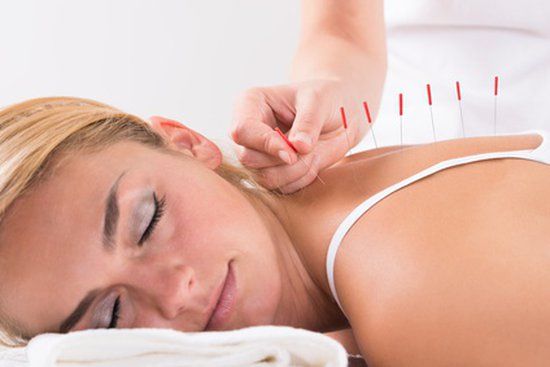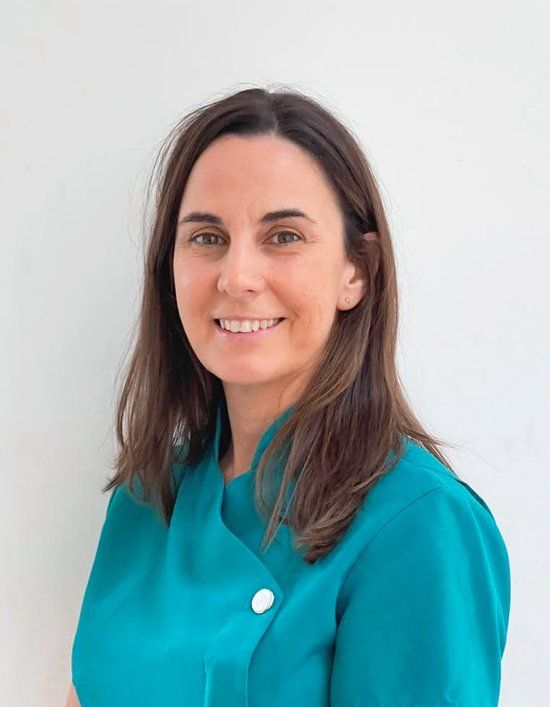There’s been a lot in the media lately about whether something as simple as a daily dose of sunshine or even acupuncture can really help you get pregnant.
A new analysis of previous studies into the effects of acupuncture on women going through IVF has concluded that the evidence is still unclear.
Chinese researchers pooled the results of 24 previous clinical trials, all of which were small-scale, and which all used different acupuncture methods.
Whilst some of the women who received acupuncture sessions had a slightly higher pregnancy rate, there was no rise live births. Interestingly, in trials which used blunt needles as a control, the results seemed to suggest that these still had a similar effect to using real acupuncture needles.
So looking at the collective data from different studies didn’t give a definitive answer. And no one really knows why acupuncture may even help with fertility issues. But acupuncture isn’t harmful – many people use it as a way to de-stress and relax. And when going through IVF or any infertility treatment – which is an emotional rollercoaster both physically and mentally – any way that you find helpful to relax can only be a good thing.
Other headlines stated that a sunshine holiday ‘could be an alternative to IVF’. A review of several studies has shown that sunshine boosts fertility in both men and women by increasing levels of vitamin D in the body, which seems to have a positive effect on hormone levels for both men and women, and sperm count.
This improvement in fertility from a good dose of vitamin D may help those who have no medical reason for their infertility – so people who just aren’t conceiving as quickly as they’d like – but for those whose only option is IVF or other infertility treatment, going on holiday isn’t going to make them suddenly able to conceive.
Last updated: 6th February 2012




